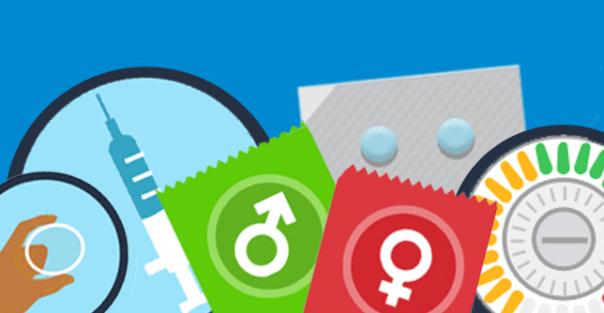Women in college who choose an intrauterine device (IUD) for long-term contraception say it hurts to have the device inserted, but they are otherwise very happy with it overa year later, according to a new U.S. survey.
While The American College of Obstetricians and Gynecologists (ACOG) and the American Academy of Pediatrics (AAP) have both endorsed IUDs as first-line contraception for young women who have never had children, many providers still are not comfortable giving IUDs to these women, said lead author Dr. Alexandra Hall of the University of Wisconsin-Stout in Menomonie.
The resistance to what is proving to be a better mechanism has historical roots. “It all comes back to the 1970s with the Dalkon Shield IUD; people got terrible pelvic infections,” Hall told Reuters Health.
After the incident IUDs were redesigned and now pelvic inflammatory disease is no more common among IUD users than among women on the pill, she said.
Despite the fact that IUDs are safe, effective and well tolerated, “some people are a little more cautious and very afraid of doing harm,” particularly to young women who have not been pregnant, said Hall.
“Physicians and other health-care practitioners who work more with younger people are going with [the ACOG and AAP] recommendation,” Hall said.
Researchers studied 109 students at Cornell who chose to have the Paragard Copper T 380A or the Mirena levonorgestrel intrauterine system placed in 2012 or 2013. The women, ages 18 to 30 years old, had never had children.
“There is still a feeling among some providers and among a lot of parents and people helping young women with decision making that IUDs may not be right for them,” said Dr. Julie Strickland, chair of ACOG’s Adolescent Health Care Committee.
“The more we can get out there to show it’s safe and efficacious and really well tolerated and well liked among young adults, the better,” Strickland said.
Stay Connected